Sarah Baartman, a Khoisan woman, endured extreme dehumanisation and exploitation in 19th-century Europe. Both in life and death she symbolises the abuse of African women by racist and patriarchal systems. Sarah was stripped of her dignity, displayed in human zoos, sexually, physically and emotionally abused for the amusement of the elite.
This uncomfortable history is not just history – in many ways it is a haunting mirror of the present.
The world still sees women’s bodies as commodities, women’s labour as free and their opinions as not worthy. Systems of oppression continue to silence women’s voices in public and private spaces leading to economic exclusion and general disempowerment of women. Sarah’s story lives today as a child forced into marriage, a woman forced into sex slavery, a tired professional woman who is overburdened by unpaid care and domestic work pretending to have it all together for fear of being spat out by the corporate system that systemically silences her through punishes those who speak out.
Gender-based violence is not just about the physical scarring — it entrenches deeper into the emotional and mental scars that are perpetuated by systems of oppression. It exposes its ugly head through the stripping away of dignity and confidence thus silencing any resistance. The story of Sarah Baartman is a painful reminder that the Africa woman’s fight has been a long, painful and brutal one, it is one we cannot give up on given all that have sacrificed before us.
This still begs the question: when will the world finally listen?
Over the years, the systems that govern society (patriarchy, capitalism and the like) have shape-shifted in a way that dissembles women’s empowerment and emancipation while covertly maintaining the status quo perpetuation of violence against women. While significant work has been done to expose intimate partner violence, a much more subtle violence against women continues to ruthlessly and shamelessly hinder women’s enjoyment of their human rights.
Structural violence that is built in to social structures and perpetuated by systems of oppression such as capitalism, patriarchy and racism manifests in many ways. One of its most glaring forms is the global economic order that systematically undermines and undervalues women’s contributions, particularly in care work.
Care work, both paid and unpaid, is foundational to societies and economies. Yet, it remains invisible in popularly used economic metrics like GDP. According to global statistics, 76% of care work is performed by women, and two-thirds of paid care workers are women – a majority of whom are underpaid and work in precarious conditions. ILO estimates that at the pace the world is moving, parity in sharing the burden of care will only be reached in 209 years, a painfully slow pace that keeps women in a subordinate role subjecting them to all forms of GBV.
2025 marks 30 years since the Beijing Platform of Action which set out to achieve gender equality and empower women by addressing critical areas such as education, health, violence, economic participation, and political representation. The slow pace the world is moving towards recognizing, reducing, and redistributing unpaid care work, and remunerating and representing paid care work is a stark reminder of the rigor that is needed to meet the goals set by world leaders and activists 30 years ago.
Until and unless bold steps are taken to address the unequal burden of care on women, gender equality and empowerment of women remain a pipe dream.
The undervaluation of care work is not just an economic issue; it is a human rights issue. Excluding care work from economic priorities and policies results in societies that perpetuate gender inequalities and systemic discrimination. This exclusion reinforces cycles of poverty that are unequally skewed towards women and limits their access to opportunities, education, and financial independence—fundamental human rights that should be universal and essential to achieve gender equality and women’s empowerment as enshrined in the Beijing platform for action.
The reluctance of governments to value women’s work is a systemic attempt by patriarchy, capitalism and racism to maintain unequal power relations that benefit only the minority.
At a time when these systems are failing both people and the planet, a new world order is needed. Going on the way we are, is simply not going to work and the sooner we adopt feminist alternatives, the sooner we save humanity from self-destruction.
There are pockets of change that we are beginning to see across the globe and preliminary evaluations are positive.
Zambia, for example, has a strong civil society working to increase public participation in the national budgeting process, through programs like the People’s Budget. The People’s Budget presents what the citizens of Zambia would like to see being prioritized in the budget and influences parliamentary discussions on budget allocations.
Similar strides have been made in the promotion of feminist economies that center people and planet. 78% of studies done on agroecology show that agroecological practices have positive impact on food security and nutrition. This is encouraging data that should be used to inform policy at a time when food insecurity is threatening the world.
Centring women and girls in all their diversity is not optional; it is imperative. Their unique voices, experiences, and leadership must guide the pursuit of justice and equity. To achieve this, harmful structures must be dismantled, and inclusive, intersectional processes should be used to rebuild systems that prioritize people and the planet over profit. Success demands policies and frameworks that recognize, redistribute, and reward care work—creating economies and societies that truly CARE.
During the ongoing Commission on the Status of Women (CSW) summit, where deep reflections on the progress towards the Beijing platform of action are taking place, we must ask ourselves the hard questions and go beyond lip service to making the actual changes that will make a difference in women’s lives and end Gender Based Violence.
Cover photo: Lerato is a member of Young Urban Women (YUW) Blantyre. Here she is pictured with the other members of the club, as well as with her child. She is a passionate advocate for change.

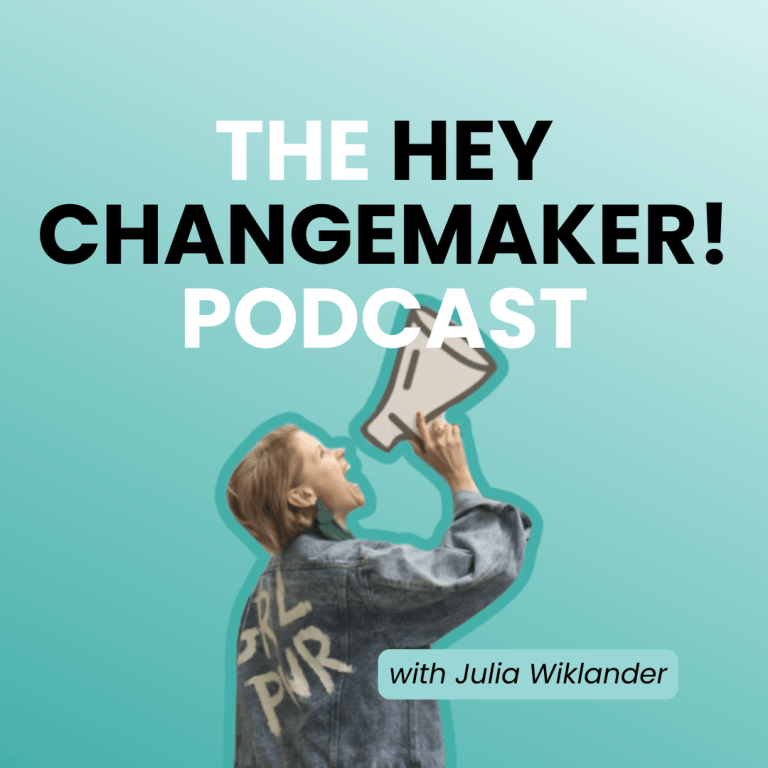
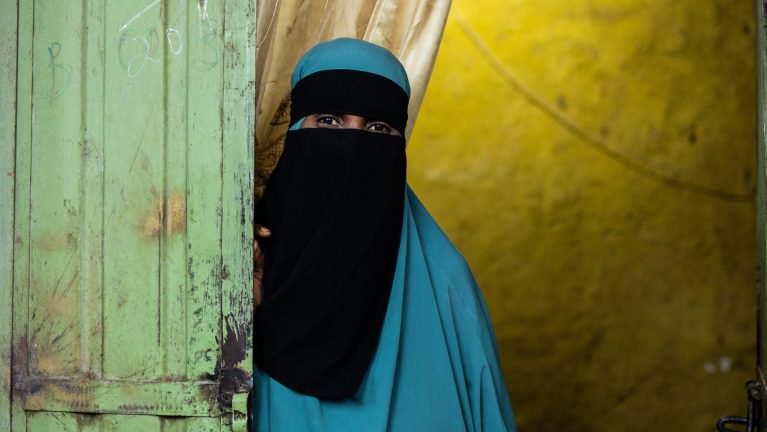
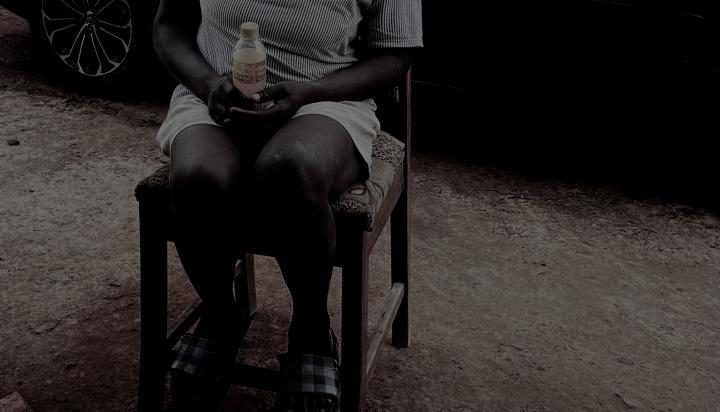
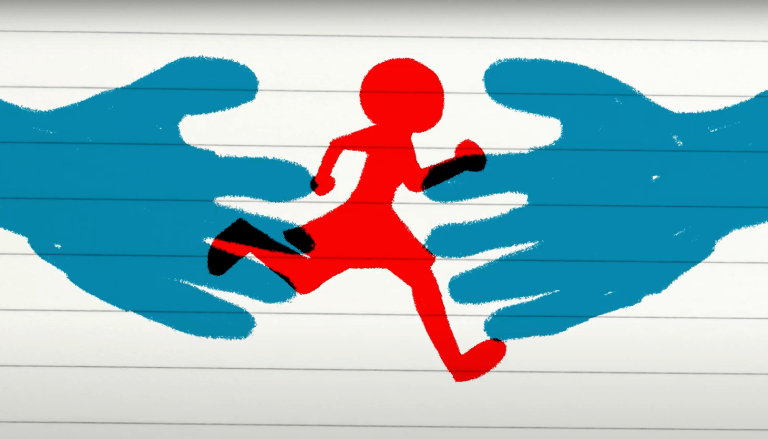
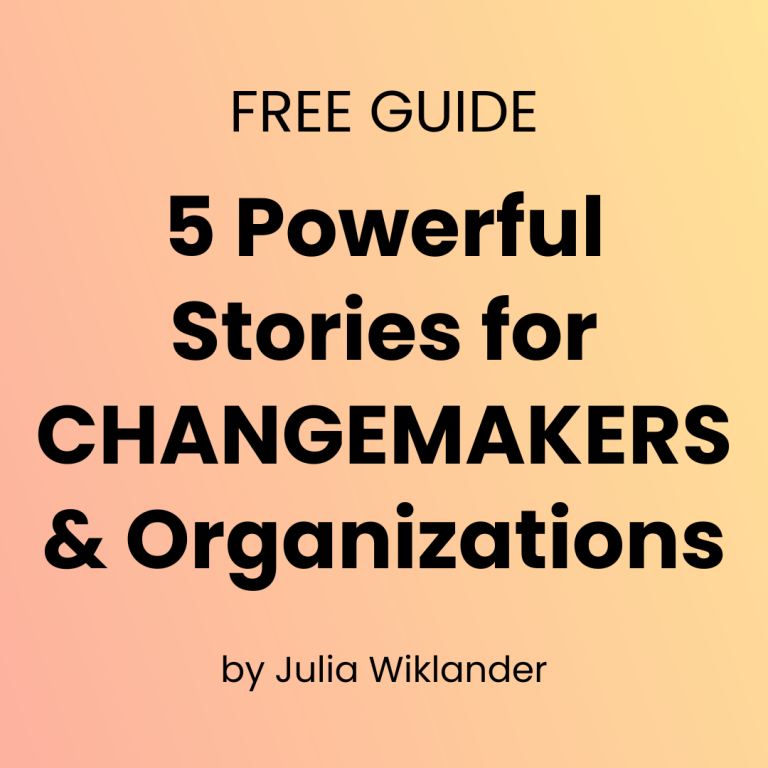


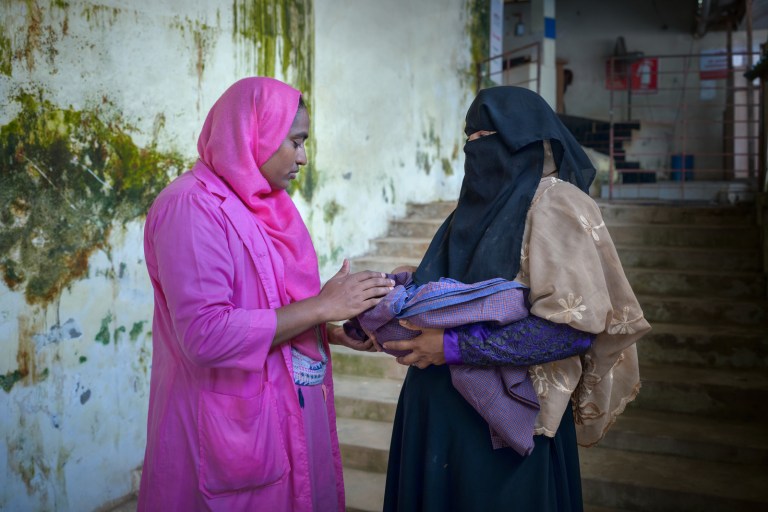
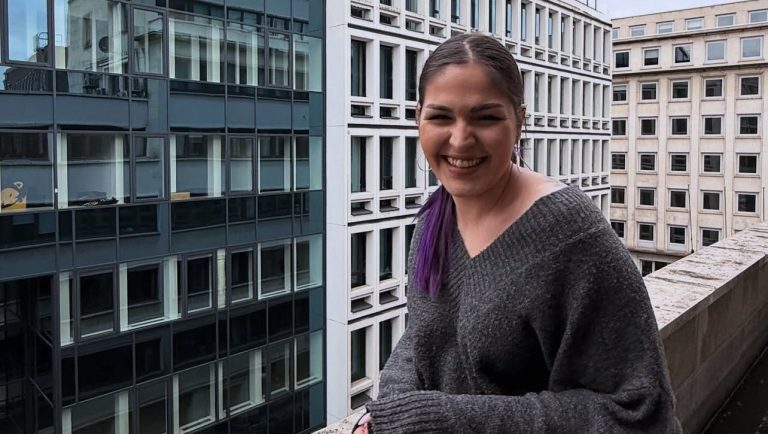
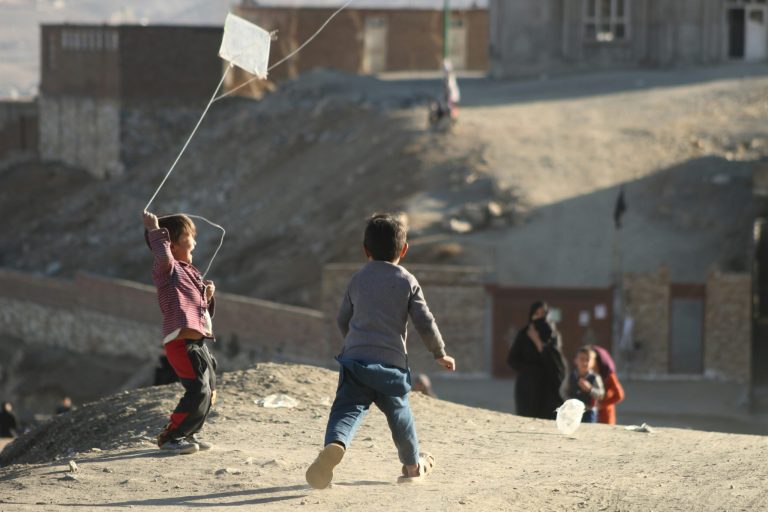
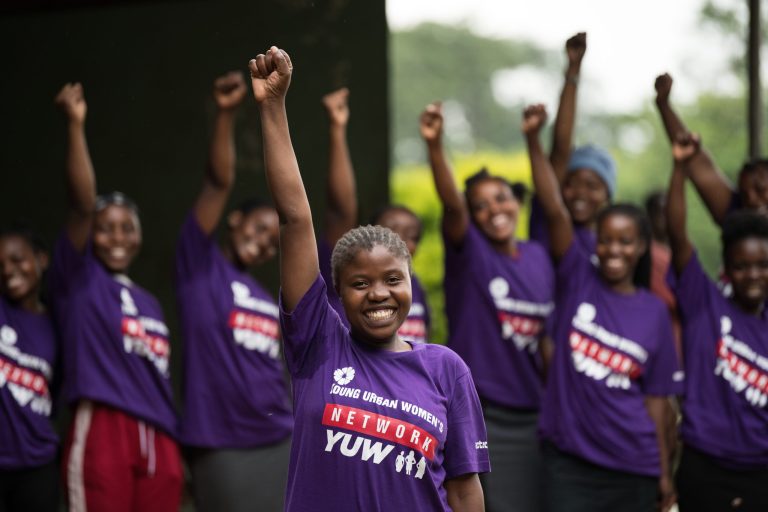
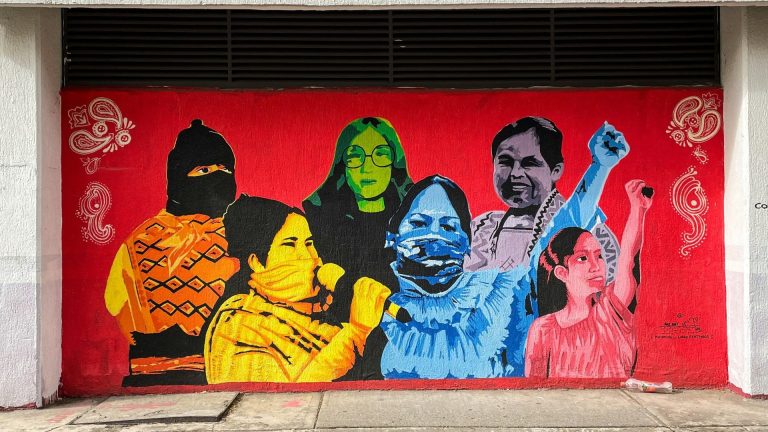
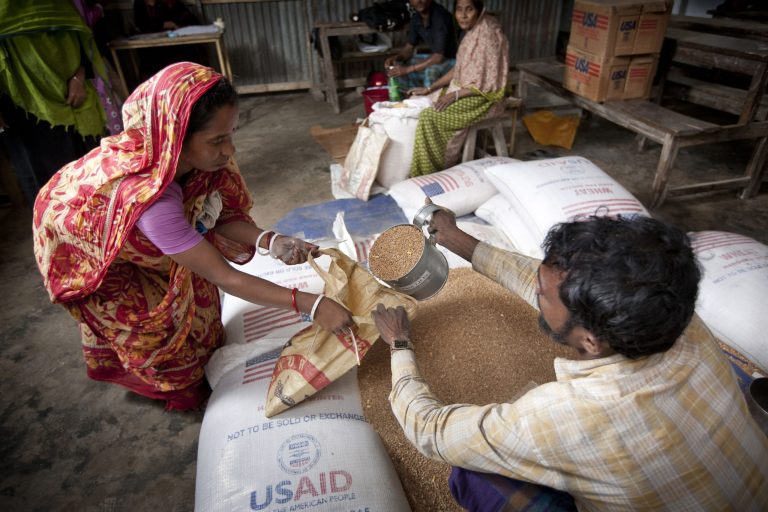
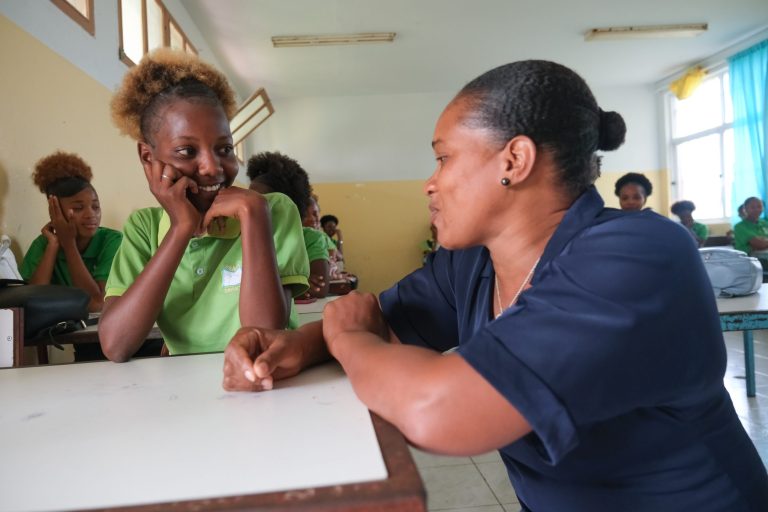
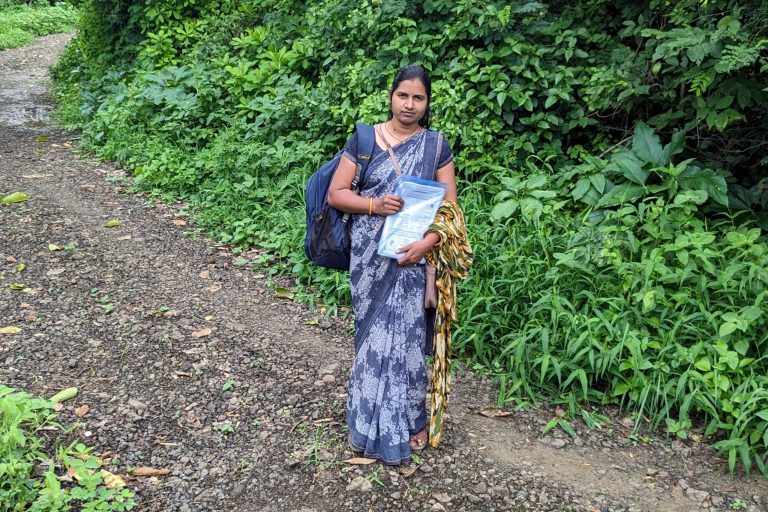
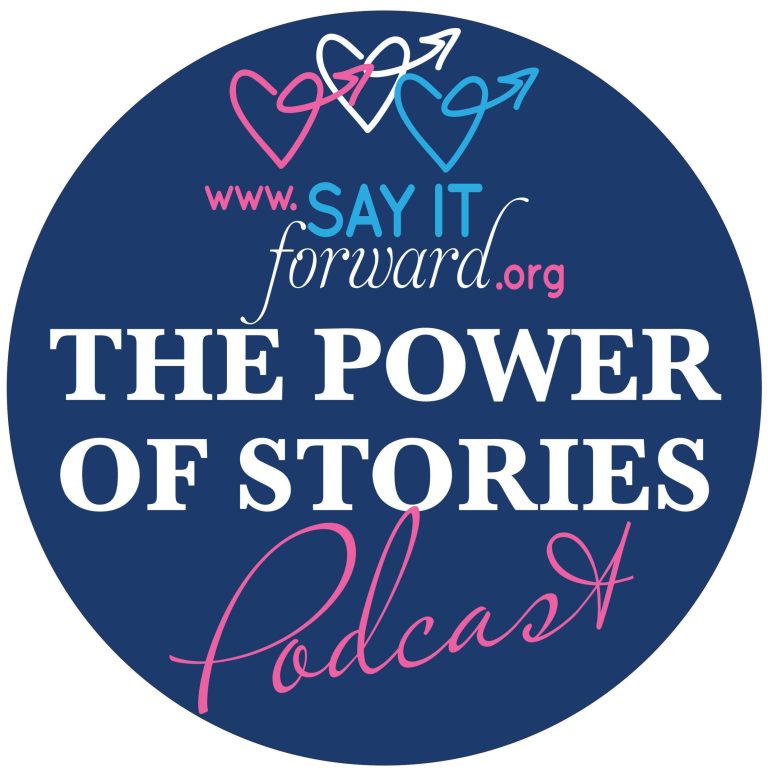
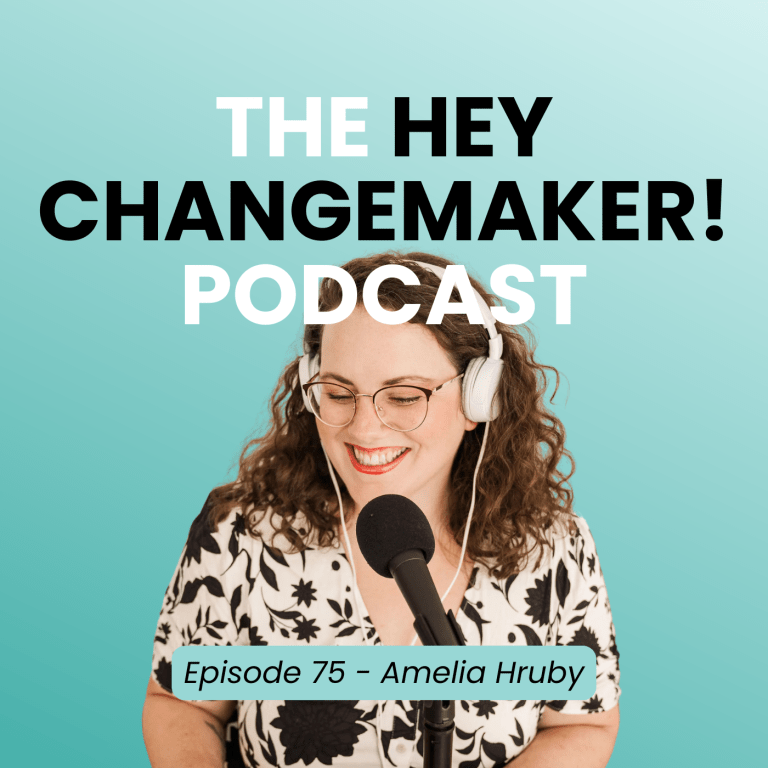
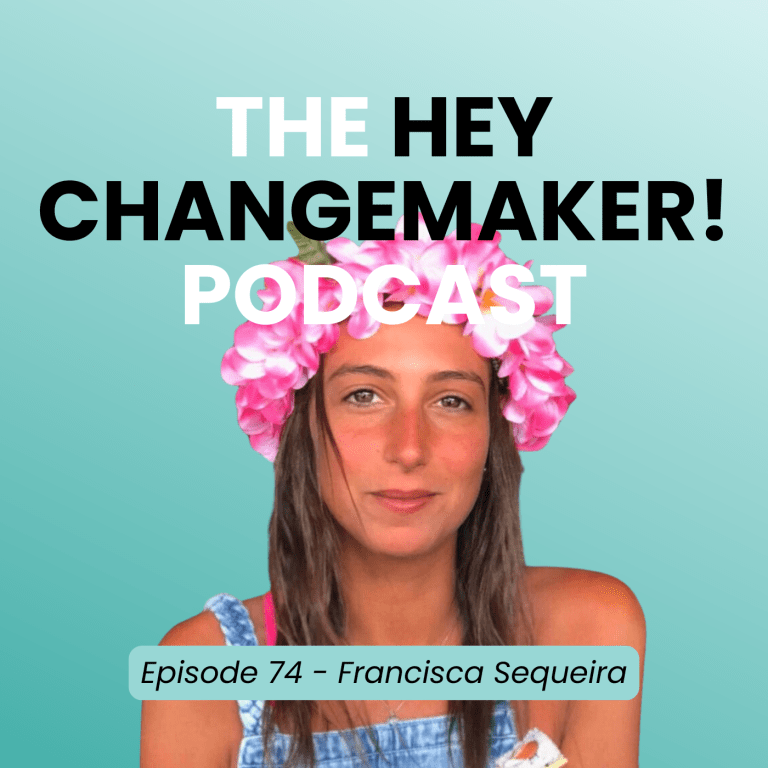
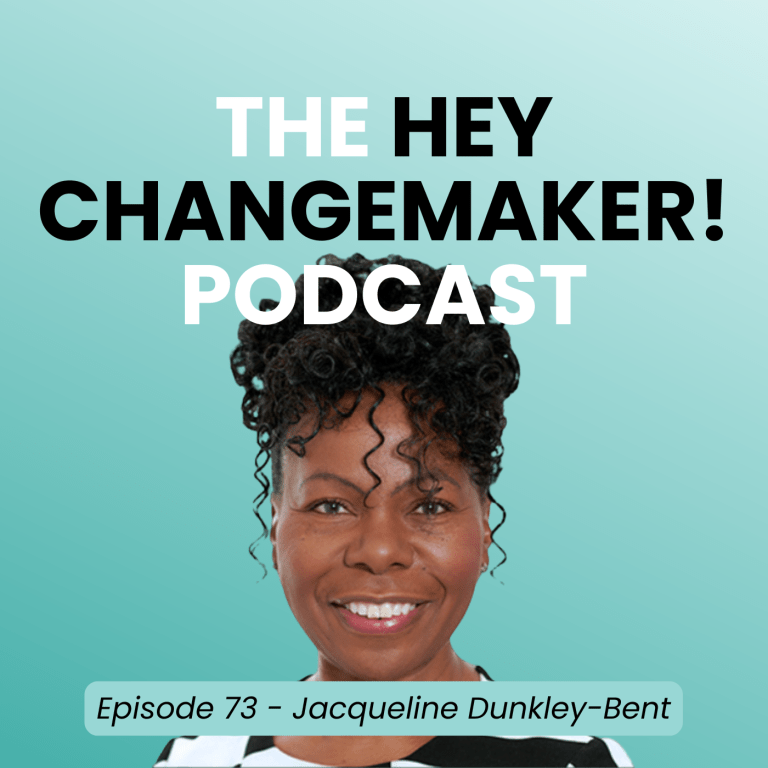

3 Responses
Well said and articulated 👏🏾👏🏾👏🏾👏🏾👏🏾
Well said Rumbi, indeed its time for ACTION!
Very interesting piece. We have yo move from rhetoric to reality!